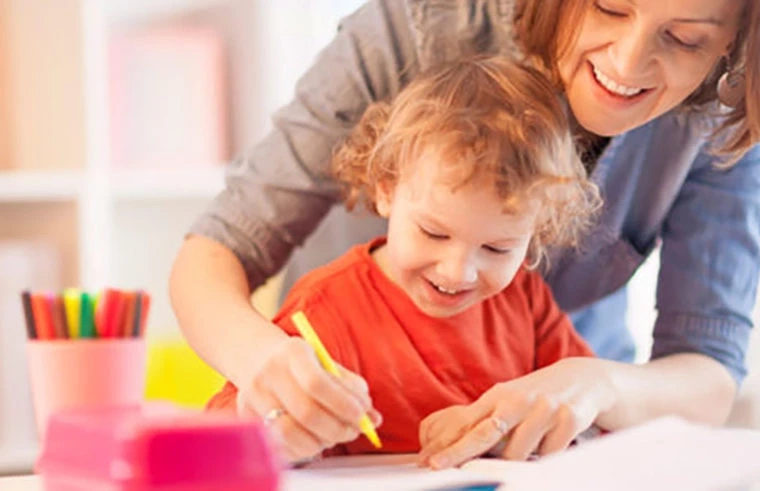In today's fast-paced world, stress and anxiety are not just adult concerns; they are trickling down to younger generations, too. Even preschoolers are not immune to the stressors that come with growing up in such an environment. As a result, there has been a growing emphasis on holistic education, which goes beyond just academics. One such approach making waves in the education of preschool in Calgary, NW and everywhere else is the incorporation of mindfulness practices. Mindfulness, in essence, teaches children to be present, to focus on the here and now, and to manage their emotions better. But what makes mindfulness so crucial for preschool-aged kids, and how can it be seamlessly woven into their educational framework? This article delves into why incorporating mindfulness practices in preschool education is not just a trend but a necessity.
The Emotional Benefits
Young children are like emotional sponges, absorbing feelings but often not understanding how to process them. Mindfulness exercises can be incredibly helpful in teaching kids how to manage their emotions. Techniques like deep breathing or focusing on the senses can help a child calm down during moments of emotional turbulence, whether it's frustration, sadness, or overwhelming excitement. These skills are invaluable, providing a strong emotional foundation for the rest of their lives.
Cognitive Development
Mindfulness isn't just good for emotional health; it has cognitive benefits too. Being present and focused is critical for any learning environment, and this is especially true for young children who are just beginning their educational journey. Mindfulness practices can help kids pay better attention, remember more, and make more thoughtful decisions. Simple exercises like mindful listening or mindful eating can go a long way in teaching children to concentrate and absorb information more effectively.
Social Skills and Empathy
In a preschool setting, children are often learning to socialize and coexist with others for the first time. Here, mindfulness can play a key role. Practices that teach awareness and compassion, like taking a moment to understand how a classmate may be feeling, can foster empathy. These exercises not only help children recognize and understand their own emotions but also those of the people around them, thereby promoting better social interactions.
Making it Fun
Mindfulness doesn't have to be a solemn or intense practice, especially not for preschoolers. It can be as simple as a breathing exercise incorporated into a game or a 'mindfulness minute' where children focus on how different parts of their body feel. By making these practices fun and interactive, educators can ensure that kids look forward to these mindful moments and, more importantly, use them.
Summing Up
As we've seen, incorporating mindfulness practices into the education of preschools in Calgary, SE or elsewhere is essential for emotional, cognitive, and social development. As parents and educators, our goal is to provide children with the tools they need for long-term success and well-being. Places like Kiddies Daycare have recognized this and are leading the way in offering a more balanced, holistic approach to early childhood education. Incorporating mindfulness into the curriculum is not just a feel-good measure but a sound educational strategy. It's a way to empower the youngest members of our society to grow up into emotionally resilient, cognitively agile, and socially skilled individuals. To learn more about them, you can visit the mentioned website Kiddiesdaycare.ca.



